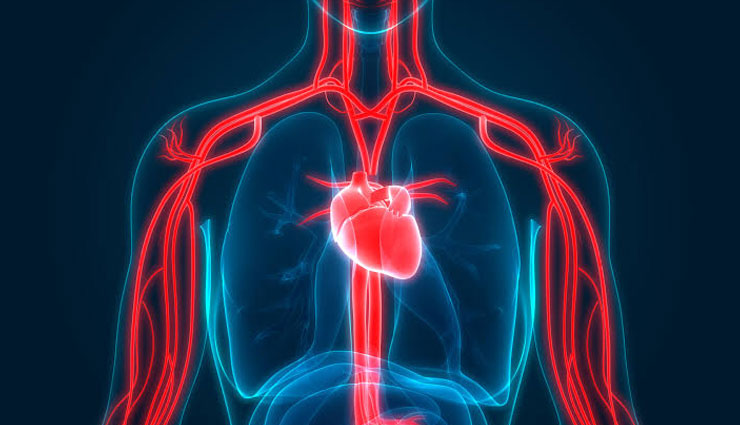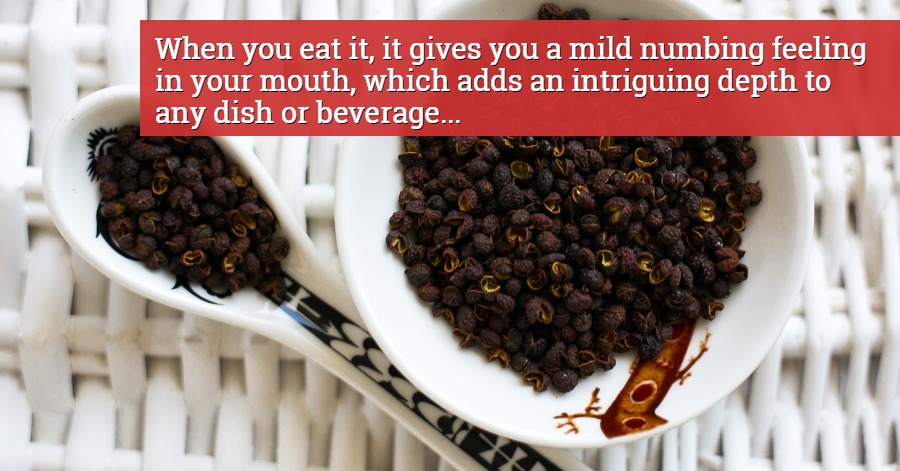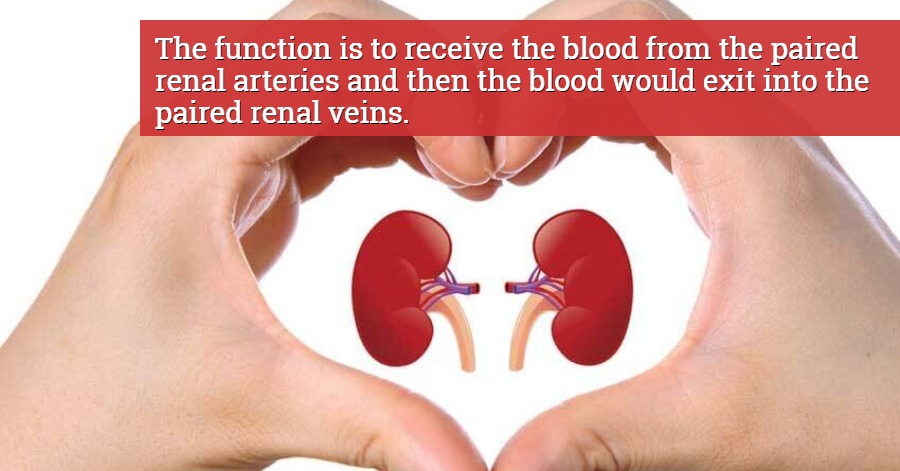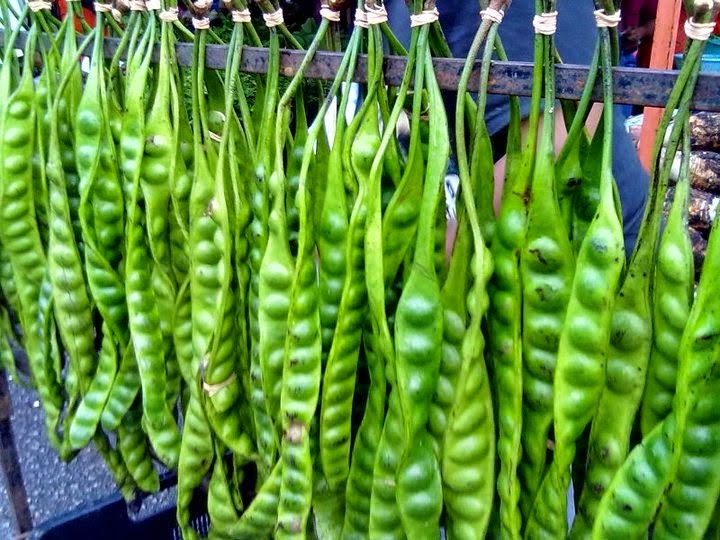Timut or Timur pepper is a trendy ingredient that is commonly used in the Western world to provide a kick to sauces and alcoholic beverages. It is also known botanically as Zanthoxylum armatum. When you eat it, it gives you a mild numbing feeling in your mouth, which adds an intriguing depth to any dish or beverage.
There are no papers or accounts that would allow us to pinpoint the exact date of the man’s initial interactions with Timut pepper at this time. It has, nevertheless, been a part of Indian pharmacopeia for more than 5,000 years. This Nepalese pepper is a staple of Nepalese cuisine, particularly in the Terai region, where Buddha was born.
The Harvest of Timut Pepper

From August to October, the Timut pepper is harvested. The pepper is sun-dried for around twenty days before being placed in granaries to complete the drying process. Once dry, the thorns are removed, and only the most exquisite berries are saved.
Timut pepper grows on a shrub that grows at a high altitude, specifically between 800 and 3,000 meters. Its fruits are gathered by local farmers who also produce barley and rice at the same time. Some people also keep livestock. Because the shrubs are difficult to obtain and few, Timut pepper harvesting is frequently combined with other agricultural activities. A farmer who wants to make it his main source of income would have to go across multiple valleys and districts to collect enough of this uncommon pepper to support himself solely from his crop.
Benefits
It has been used for years by natives of Asia’s Himalayan region, not only for its taste but also for its medical properties. Some of the pepper’s most well-known therapeutic properties include:
1. Reduce pain

Many people connect pepper with heat, yet some peppers, such as Timut, are so spicy that they actually reduce pain perception. When Timut pepper comes into touch with a person’s lips or any other area of the body, the spice occupies the pain receptors and aids in the elimination of the nervous system’s discomfort or pain responses. Although timut pepper will not cure the source of your discomfort, it is an excellent temporary remedy.
2. Stimulate circulation

Timut pepper has a significant iron content, which helps to activate the circulatory system and oxygenate red blood cells. This is especially effective for people who have low iron levels, but it can also help anyone who is feeling tired or lightheaded.
3. Improve immunity

Timut pepper has a lot of zinc, which helps to boost the immune system. Many people underestimate the importance of zinc in immune system support. A healthy immune system has several advantages, including increased resistance to sickness and faster wound healing.
4. Improve appetite

One of the most difficult aspects of getting back in shape after an injury or illness is regaining your appetite. When your body is healing and restoring, however, you require the most nutrients. You can get a natural stimulant of your hunger and a faster metabolism by using Timut pepper.
5. Reduces inflammation

Timut pepper also includes antioxidants and organic acids like phytosterols and terpenes, which have anti-inflammatory properties. Inflammation is produced by oxidative stress, which is caused by free radical activity in the body. The pepper, as a result, has chemicals that can help neutralise free radicals and stop inflammation at its source.
The timut pepper may be touched as well as tasted in the finest food age pepper collection! It contains a chemical molecule called sanshool, which gives the mouth a little numbing feeling. The cause for the tingling has only lately been identified by scientists: the sensory nerves in the mouth react to the timut pepper as they would to mechanical discomfort. This interesting spice’s unique chemistry has an impact on how other flavors are perceived.
The timut pepper in the finest food age pepper collection is offered in high-quality glass jars to ensure protection from dangerous environmental influences. It will always have the dry and dark storage conditions it requires if this unique container is properly closed.
Sources:SBS, Wheeler del Torro, David Vanille









Leave a Comment